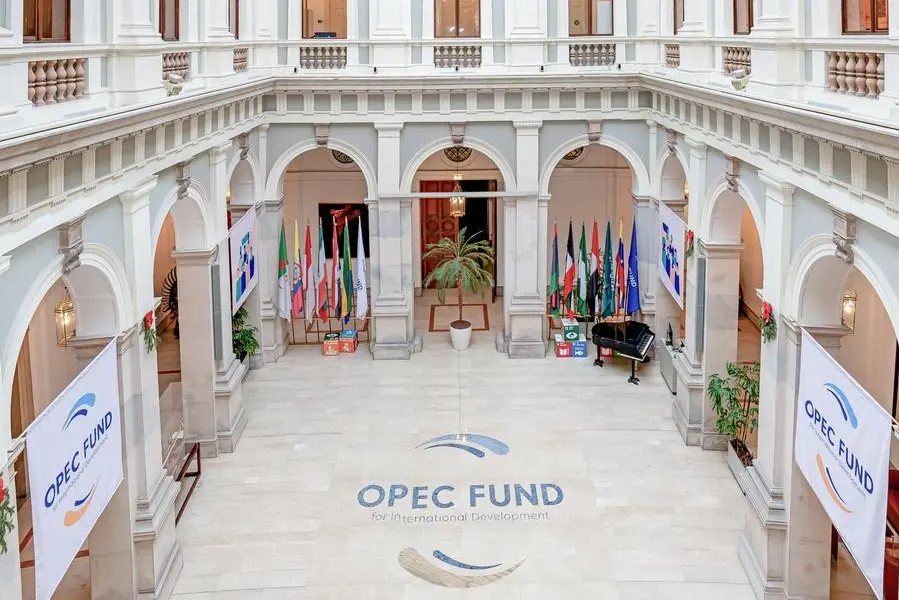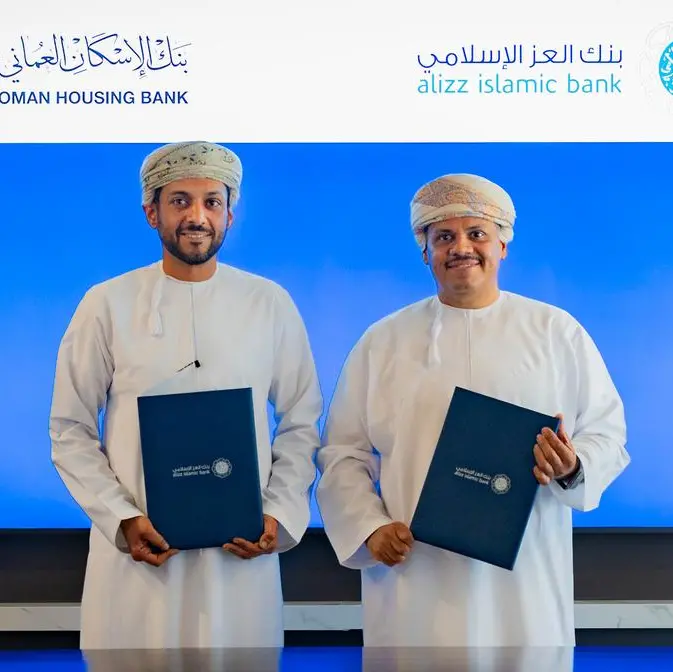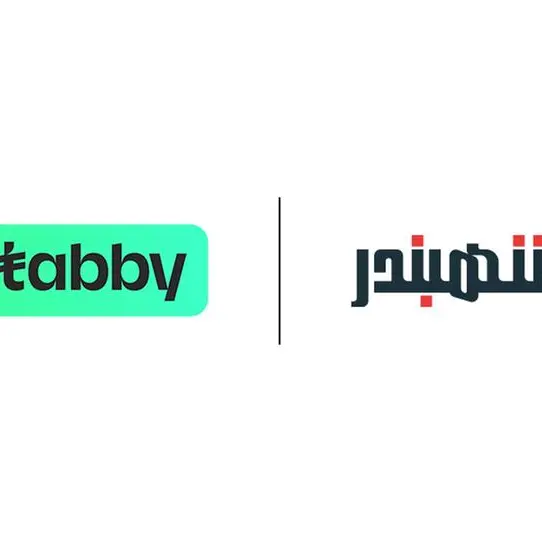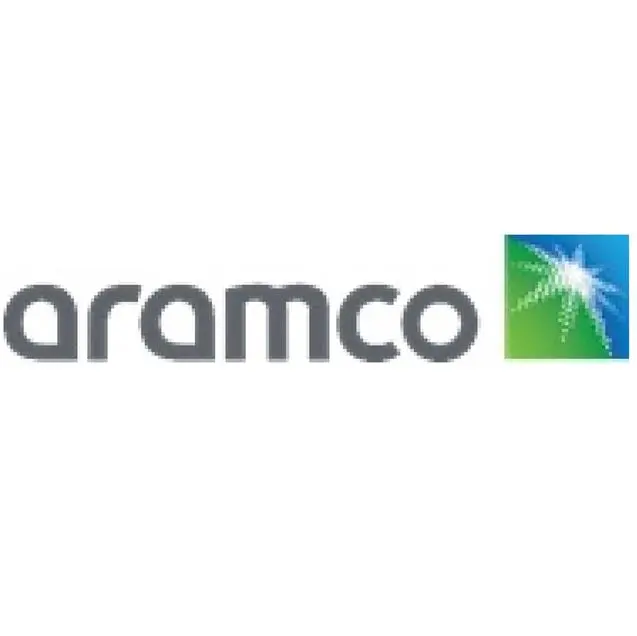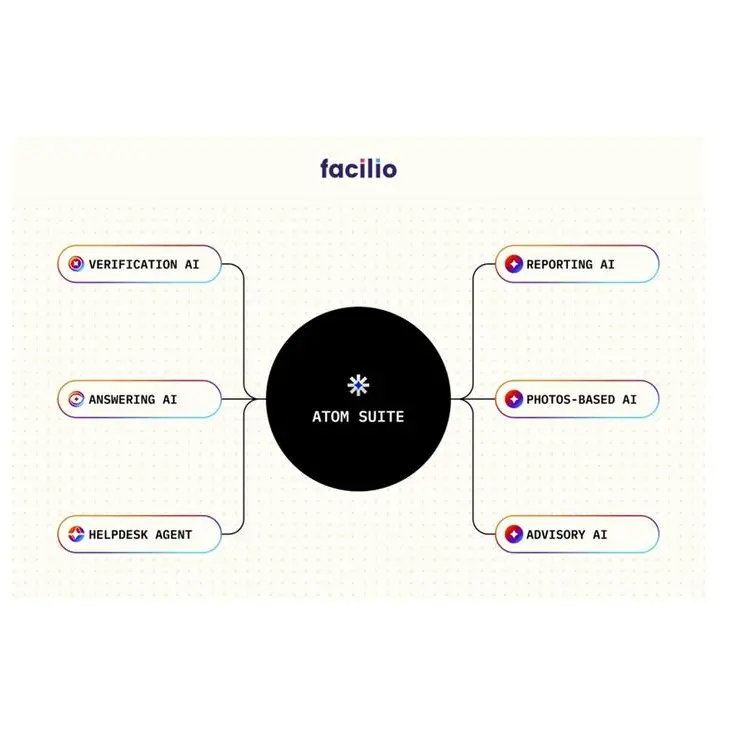PHOTO
The OPEC Fund for International Development (the OPEC Fund) has signed two separate US$20 million loan agreements with ACWA Power to support the construction and operation of the 500 MW Dzhankeldy wind farm and the 500 MW Bash wind power plant in the Bukhara region of Uzbekistan. The new facilities will boost renewable energy generation capacity, reduce greenhouse gas emissions and diversify the country’s energy mix.
The financing for the Dzhankeldy wind farm will support the construction, operation and maintenance, as well as the development of 128 km transmission infrastructure. The plant will generate 1,550 GWh of electricity annually. The Bash wind power plant will generate more than 1,650 GWh of electricity annually and include the construction and installation of 160 km transmission infrastructure. Combined, the plants will reduce CO2 emissions by 1.8 billion tonnes.
Both loan packages were financed through a consortium of international lenders, with the European Bank for Reconstruction and Development (EBRD) acting as the technical bank and Standard Chartered Bank as the documentation bank. The other consortium members are the French development financier Proparco, Germany’s development bank Deutsche Investitions- und Entwicklungsgesellschaft (DEG), the Industrial and Commercial Bank of China and the Asian Development Bank (ADB).
OPEC Fund Director-General Dr. Abdulhamid Alkhalifa said: “Increasing private sector participation is key to support Uzbekistan’s ambitious energy transition. We are happy to cooperate with the authorities as well as with our development and private sector partners on energy sector projects that will boost the share of renewables in energy generation and provide reliable and affordable clean energy.”
Uzbekistan is one of the most energy-intensive countries in the world. The government forecasts the electricity demand to double by 2030. To meet this increasing energy demand and to mitigate climate and energy security risks, the country plans to add 3GW wind and 5GW solar power capacities to its energy mix. In the last decade Uzbekistan has introduced a series of reforms to decarbonize and liberalize the energy sector and to create an environment conducive to private sector investment.
Headquartered in Saudi Arabia, ACWA Power is a leading international developer and operator of power generation and water desalination facilities. The OPEC Fund and ACWA Power have previously cooperated in energy projects in Jordan (Zarga), Egypt (Kom Ombo) and Uzbekistan (Sidarya).
To date, the OPEC Fund has provided close to US$600 million public and private sector financing in support of Uzbekistan’s sustainable growth agenda in line with its country partnership strategy. Supported by grants, this funding has helped the sustainable development of the energy, water & sanitation, agriculture, transport, education and financial sectors with a focus on small and medium-sized enterprises.
-Ends-
About the OPEC Fund
The OPEC Fund for International Development (the OPEC Fund) is the only globally mandated development institution that provides financing from member countries to non-member countries exclusively. The organization works in cooperation with developing country partners and the international development community to stimulate economic growth and social progress in low- and middle-income countries around the world. The OPEC Fund was established in 1976 with a distinct purpose: to drive development, strengthen communities and empower people. Our work is people-centered, focusing on financing projects that meet essential needs, such as food, energy, infrastructure, employment (particularly relating to MSMEs), clean water and sanitation, healthcare and education. To date, the OPEC Fund has committed more than US$24 billion to development projects in over 125 countries with an estimated total project cost of US$187 billion. The OPEC Fund is rated AA+/Outlook Stable by Fitch and AA/Outlook Positive by S&P. Our vision is a world where sustainable development is a reality for all.
